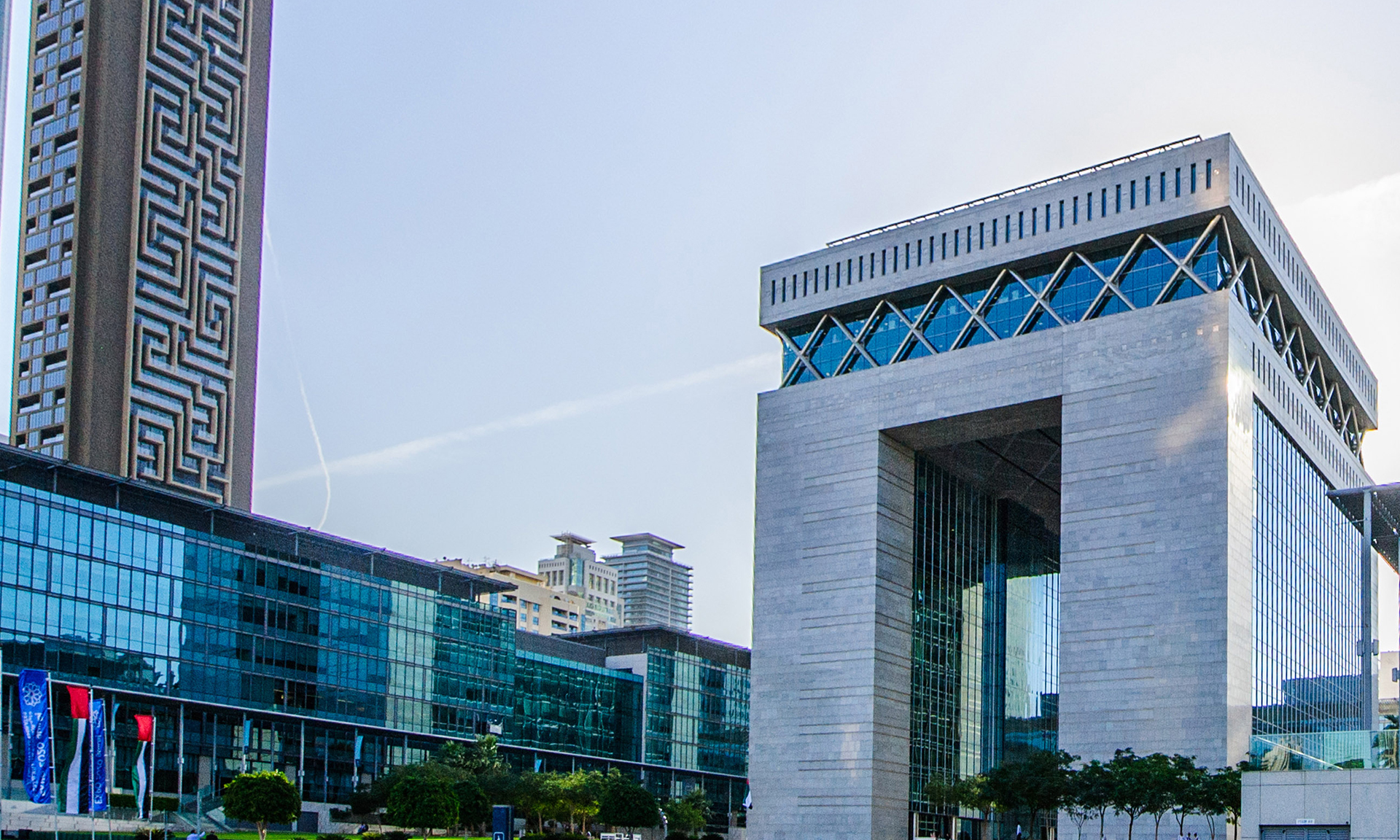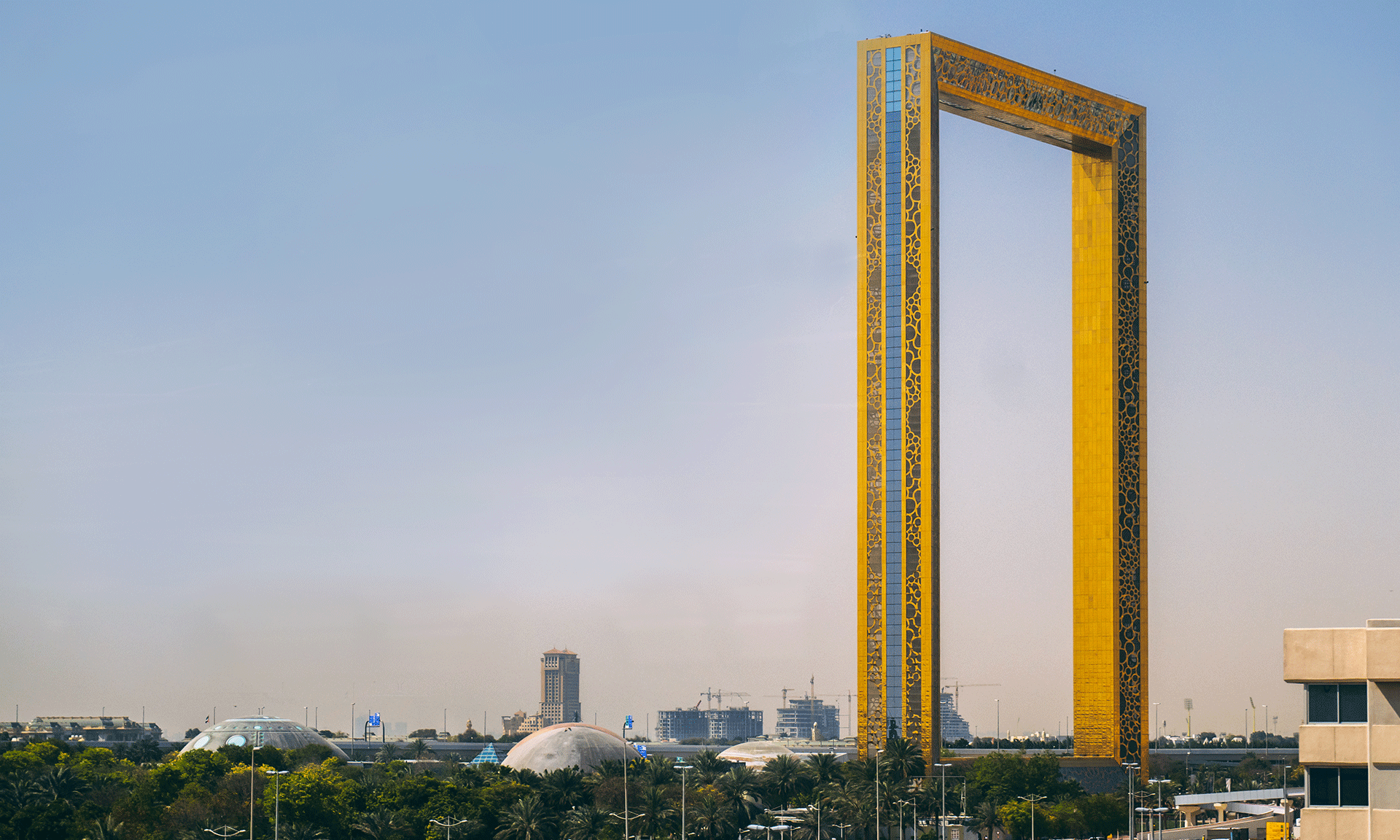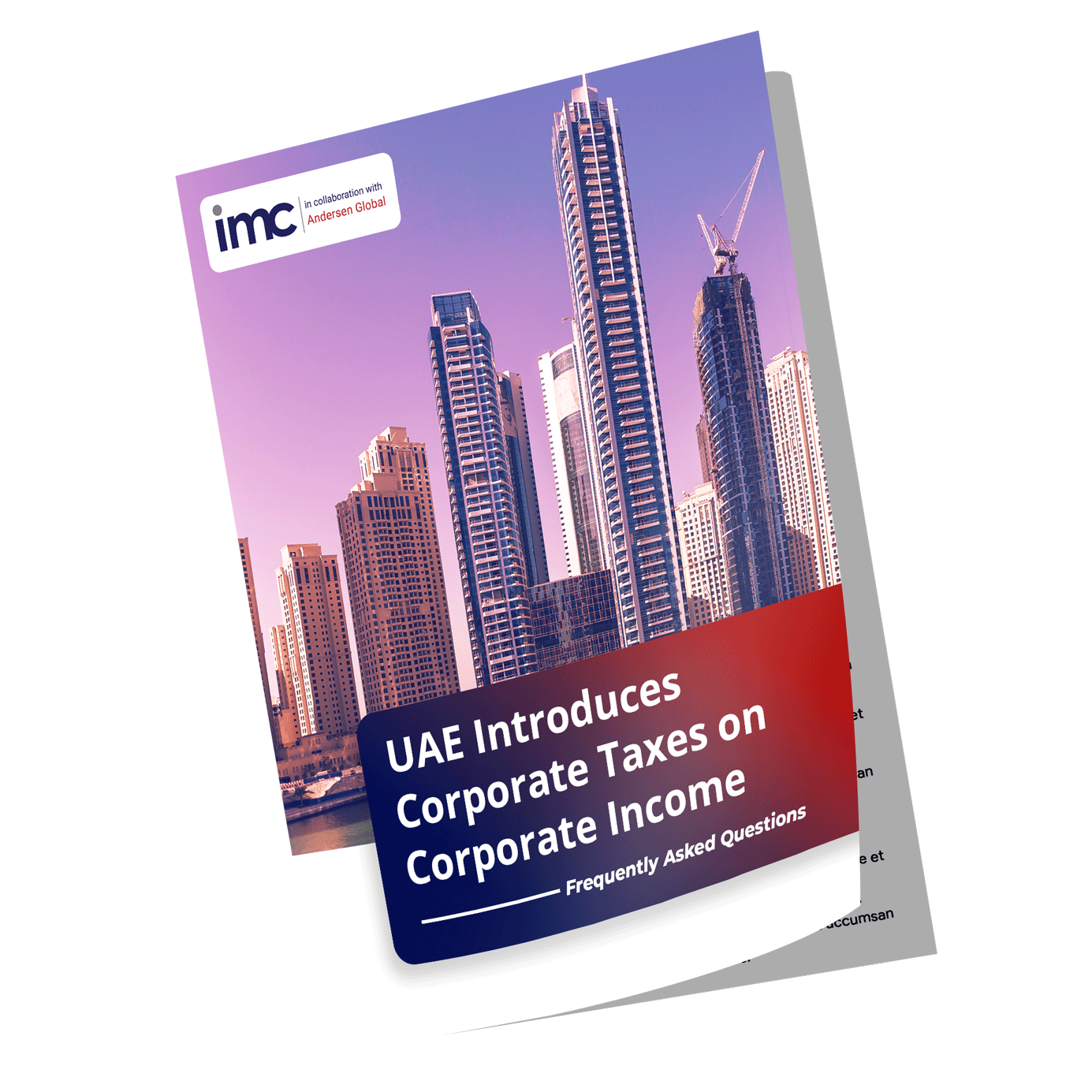The millionaire community across the globe are increasingly recognizing Dubai as the most preferred place to relocate as the city strives to elevate its status to a global destination for real estate investment.
On July 19 2022, Sheikh Mohammed bin Rashid Al-Maktoum, the Vice President of the UAE and the Ruler of Dubai introduced a new law to promote the growth of real estate investment funds in Dubai and granted certain privileges to these funds under this new law. The privileges set out in this new law will act as incentives for attracting more funds into the emirate, Dubai Media Office revealed.
A real estate fund is one type of mutual fund that mainly invests in securities floated by public real estate companies. A real estate investment trust, however, invests directly in income-generating real estate and is traded like a stock.
All real estate investment funds licensed and regulated in the Emirate of Dubai by government authorities, private development zones and free zones, including Dubai International Financial Center (DIFC) come under this new law. Properties which are located within the premises of the DIFC are excluded from this law.
The new law makes a provision for the establishment of a register, called the Real Estate Investment Funds Register, for registering the details of all qualifying property funds that are to benefit from the privileges outlined in the new decree-law. Dubai Land Department will be the custodian of this investment funds register.
Real estate funds to be eligible for inclusion in the Register, must own not less than AED 180 million (USD 49 million) of real estate assets and should not be suspended from trading in the Dubai Financial market at the time of submission of the application to register. Payment of a fee of AED 10,000 to the Dubai Land Department must be made during the application for such registration. The regulators including Securities and Commodities Authority, and Dubai Financial Services Authority must also issue licenses for these funds.
The property funds registered in the register will be authorized to acquire properties which are located in the designated areas for foreign ownership in the Emirate of Dubai.
The new law mandates the establishment of a Committee for Property Investment Funds which will be responsible for identifying areas and properties that funds are permitted to invest in. The committee grants full ownership and usufruct rights to the registered property funds. These funds may also opt for long-term lease rights, up to 99 years in certain non-designated areas specified by the committee formed under this new law.
Registered property funds will be levied a land transfer fee of 2% based on the market value of the property payable equally by both the buyer and the seller.
As per the new law, the Governor of the DIFC can roll out other privileges in favour of property funds operating within the boundaries of the financial centre.
The founders of a property fund are permitted to make property contributions in-kind if a fee of AED 50,000 is made while transferring ownership from the founders to the property fund.
Dubai Land Department will engage a valuator recognized by the Real Estate Regulatory Agency during property valuation who shall carry out such a valuation as per the guidelines specified by the land department.
The new law came into force on 22 July 2022, the date it was published in the official gazette.
























